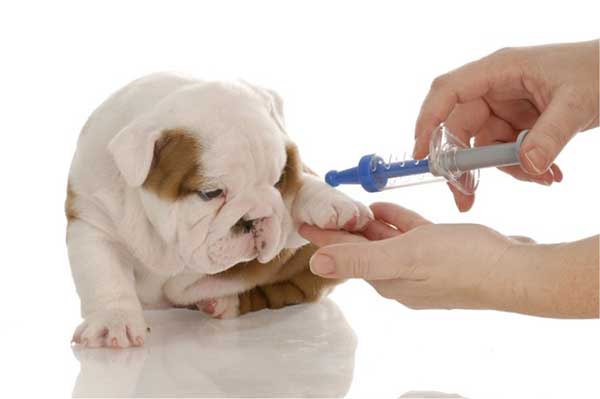
Often, pet parents hesitate to travel with their pets because of the extensive documentation involved in international pet travel. Depending on the country your pet is travelling to, the documentation can take several weeks to a few months to complete.
Most countries insist on a standard set of documents accompanying your pet when they fly. Not having the proper papers or incomplete documentation is like flying without your passport; your pet will not be allowed to board the aircraft or will not be permitted to enter the destination country. Incorrect documentation could mean extended quarantine for your pet at your expense, or worse, they could be sent back to the origin country.
If you are travelling with your pet, here’s all you need to know about the documents your pet dog or cat needs for successful international travel:
International Health Certificate
The International Health Certificate is one of the most important documents your pets need while travelling. The health certificate certifies that your pet has fulfilled all the pet import requirements of the country your pet is travelling to. An authorised vet must attest the certificate, and most countries require health certificates within 10 to 15 days of travel.
The health certificate lists your pet’s vaccination details and other medical information. It is your pet’s identity document as it contains your pet’s name, age, breed, weight, date of birth, microchip number and the pet owner’s contact details. Your pet’s vet has to certify that your pet is healthy and fit enough to fly and has no underlying health conditions that might put your pet or other animals at risk.
The International Health Certificate is an important document for pet travel; remember to ensure that it is accurate and contains all the information required by the destination country. Inaccurate and incomplete papers will result in your pet being denied entry into the country. Some airlines do not board the pet on the aircraft if the health certificate is inaccurate or incomplete.
Pet Passport
A Pet Passport is similar to the International Health Certificate and is issued by an authorised EU veterinarian in the European Union. It is an essential document for pet travel; it contains your pet’s vital information such as vaccinations received, medical information, microchip details, picture of your pet, your contact details and details of the EU vet who issued the passport.
The Pet Passport is essential while travelling between member countries of the European Union. If your pet has a valid pet passport, they can travel between EU and EEA countries without the need for quarantine. Many non-EU countries also accept the Pet Passport.
Vaccination certificate

Though your pet’s vaccination records are mentioned in the health certificate and the pet passport, some countries require a vaccination certificate with proof of rabies and other vaccinations received by the pet. Most common vaccinations for dogs include Rabies, Distemper, Parvovirus, Parainfluenza and Hepatitis. Standard cat vaccinations are Feline Enteritis, Rhinotracheitis, and Calicivirus. Some countries require additional vaccinations for diseases such as Leptospirosis, Canine Influenza Virus and Bordetella.
The vaccination certificate must have details of all the vaccines received by the pet, along with the date of administration and date of expiry. All vaccinations must be current during the time of travel.
Acclimatisation certificate
If your pet dog or cat is travelling during extremely cold conditions, some airlines require an Acclimatation Certificate for the pet. Many airlines have temperature embargoes and don’t fly pets in extreme temperature conditions. An acclimatisation certificate states that the pet dog or cat can withstand cold temperatures and should be allowed to board the aircraft. It is issued by an authorised vet and is usually given to pet breeds naturally immune to freezing temperatures, such as the Siberian Husky, St. Bernard, etc. However, not all airlines require an acclimatisation certificate; check with your airline before making travel plans for your pet.
Import permit
The import permit is an official document issued by the destination country. It is an important part of the pet travel process, and pets are not permitted to enter the country without an import permit in most cases. Usually, import permits are available online on the country’s government website and must be obtained a week to 15 days before the date of travel.
Pet medicines and prescriptions
If your pet is on medication, their medicines and the vet’s prescription must accompany the crate during travel. Airline staff will ensure your pet receives their medicines during the comfort stop only if the prescription accompanies the pet.
International pet transport experts
Getting the documentation ready before your pet flies abroad is not always straightforward; some countries have complex and stringent pet import regulations, and travelling to these countries requires meticulous planning. Correct documentation is vital in international pet travel, and failure to comply can lead to severe consequences.
If you are travelling with your pet to a different country and are unsure about the documentation your pet dog or cat needs, it is recommended to contact an IATA-accredited pet transport agency to help with your pet travel needs. Petraveller is Australia’s most comprehensive pet transport specialist specialising in zero-harm pet travel. Reach out to Petraveller for more information on the documentation required for international pet travel and a free pet travel quote.
Read more:














